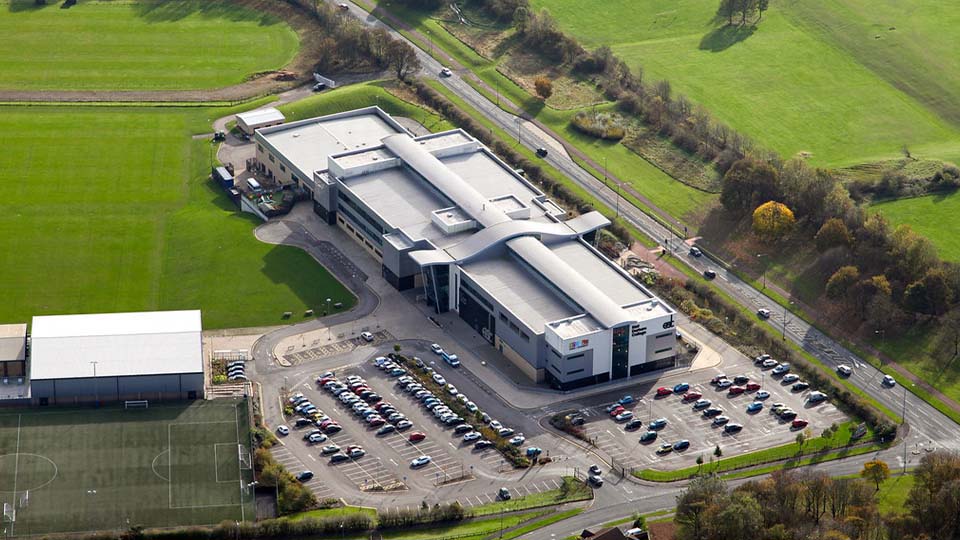Course overview
There has never been a better or more important time to study A level Geography. Dealing with vital issues such as climate change, migration, environmental degradation, social issues and natural hazards. Geography provides insights into the world around us and the highly contemporary nature of the issues it tackles.
A-level geography is spilt into physical and human geography. If you are interested in how natural hazards can occur, how landscapes are formed and globalisation, this is the course for you.
Topics
Paper one topics - Physical geography:
Topic 1: Tectonic processes and hazards.
Topic 2: Landscape systems, processes and change (Glaciated landscapes and change).
Topic 5: The water cycle and water insecurity.
Topic 6: The carbon cycle and energy security.
Paper two topics - Human geography:
Topic 3: Globalisation.
Topic 4: Shaping places (Diverse places).
Topic 8: Health, human rights and intervention.
Paper three topics - Synoptic themes within the compulsory content areas:
• Players.
• Attitudes and actions.
• Futures and uncertainties.
The synoptic investigation will be based on a geographical issue within a place-based context that links to the three synoptic themes and is rooted in two or more of the compulsory content areas.
In Year 13 you will also complete a geographical-based independent investigation on a topic of your choice that will allow you to develop your skills further. This can be conducted as physical, human or physical-integrated human coursework.
Job opportunities after this course
Possible careers include: environmental consultancy, renewable energy development, exploration, planning, geology, mapping, nuclear industries and environmental/wildlife conservation. The course provides a variety of transferable skills such as report writing, independent research, and can be of benefit to anyone wishing to pursue a career which involves working with people i.e. teaching.
Further study options after this course
A Level Geography is designed for students to move on to university. The skills learnt in A-level geography can prepare students for a wealth of courses. However, most students will apply for the courses such as:
• Global studies
• Geography
• Environmental sciences
• Politics
• Economics
• Sciences
Entry requirements
For Geography A Level, you will need a grade 5 or above in GCSE English and GCSE Mathematics.
For a three A Level programme you will need to have a minimum of five 9-4 grade passes at GCSE which includes English and Mathematics.
For a four A Level programme you will need to have a minimum of six 9-4 grade passes at GCSE which includes English and Mathematics; it is expected that the majority of passes will be at 7-9 grade.
Our entry requirements are in place to support our students in achieving the qualifications they have chosen to study. In addition to the entry requirements, all students will be regularly assessed by East Durham College at an early stage in their study programme. This is to ensure that students are enrolled onto courses which suit their abilities – following assessment, there may be occasions when students are transferred to a relevant course at a higher or lower level in order to ensure they are enrolled on to the right course for them to achieve and progress.
Entry onto any course at EDC may have entry requirements in addition to exam results; this includes but is not limited to DBS checks, references, fitness to practice and at times physical requirements to be capable of achieving the practical elements of the course without assistance. Entry onto any course at East Durham College is subject to final approval from the Assistant Principal.
How is this course assessed?
All examinations for A Level Geography are sat at the end of Year 13. These examinations make up 80% of your overall A Level grade. You will also complete a piece of coursework as a geographical investigation. You will get to choose the topic in discussion with your lecturer. This is worth 20%.
When does the course start?
September 2025
Length of course
Two years, full time.
Fees & Funding
Please read our Course Fees & Funding page.How to apply
To apply online for this course, please click on the 'Apply' button at the top/bottom of this page.
Alternatively, if you need assistance with your application or you would like to apply over the phone or using a paper-based application form, please call Student Services on 0191 743 0149.
If you're not quite ready to apply for this course and would like some more information or to speak to a member of staff then please click on the 'Enquire' button at the top/bottom of this page.




